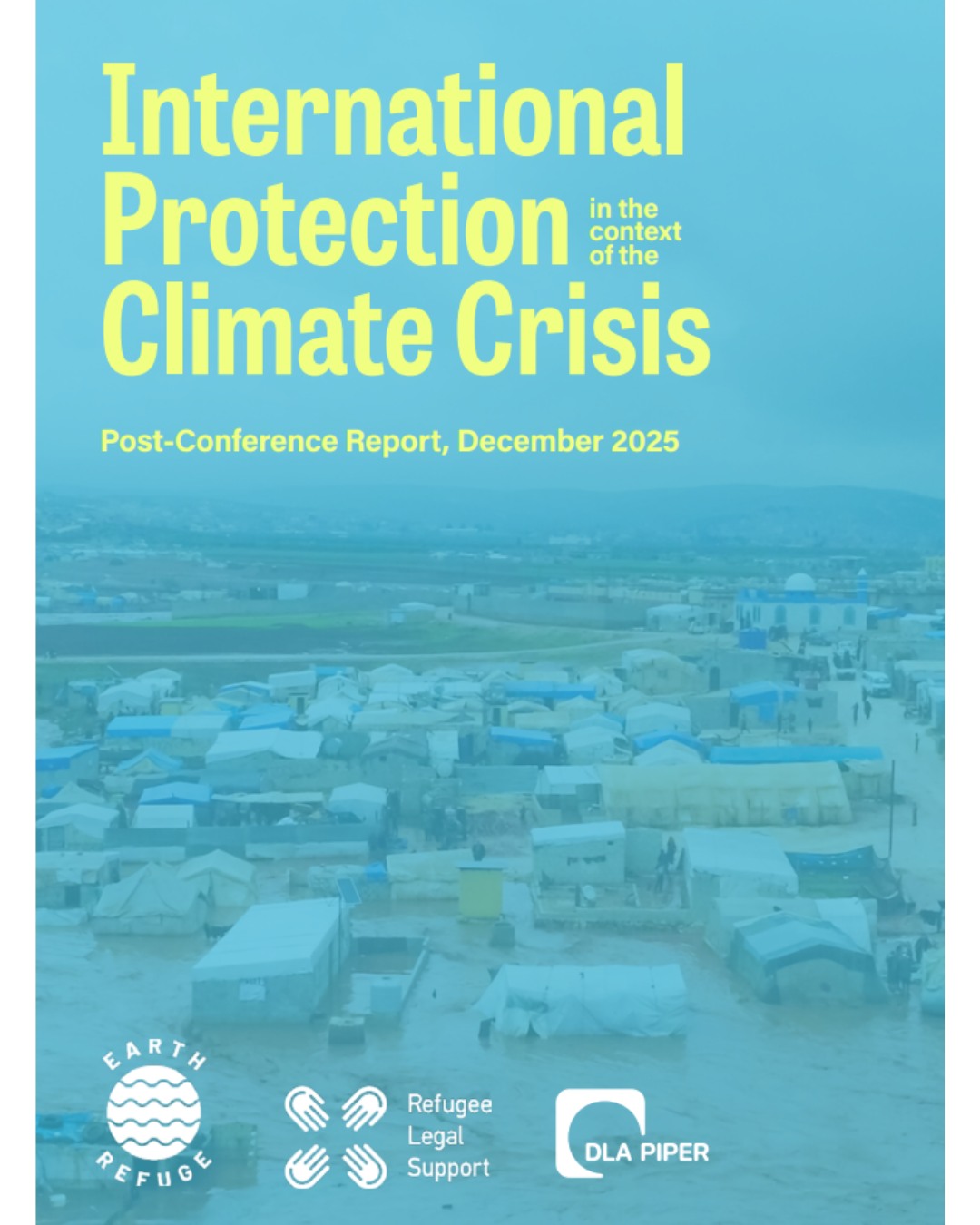The following article was written by an Afghan refugee.
This week marks four years since 15th of August 2021, when the hardline brutal group, the Taliban, seized control of Afghanistan, plunging the country into fear and chaos. The sudden withdrawal of foreign forces had left Afghanistan’s government and army unable to resist the Taliban’s advance.
Since that day, Afghans who supported British efforts - often at great personal risk - have been repeatedly betrayed by the UK government. The evacuation left many in danger; resettlement schemes were poorly planned and executed; and as a final straw, a data leak identifying thousands of Afghans who worked with the Ministry of Defence was concealed.
To this day, I remember the chaos of the 2021 Kabul evacuation - it affected and continues to affect me and my fellow Afghans deeply. On the day Kabul fell, panic spread within hours as thousands rushed to the airport in a desperate attempt to escape Taliban revenge and persecution. For Afghans who worked with Western forces, international organisations, or the former government - all of which the Taliban is ideologically opposed to - the threat of revenge attacks was very real. Many Afghans viewed this as a collapse that could have been prevented, and they hold the international community largely responsible.
As the crisis unfolded, the UK government initiated an emergency evacuation and made promises “to secure safe passage” for Afghans who had supported British efforts over the past two decades. Unfortunately, not only was the resulting Operation Pitting a rushed, chaotic, and poorly planned evacuation leaving many families separated, but also the longer-term schemes to resettle Afghans at risk in the UK were purposefully limited, complex, and, in many cases, entirely inaccessible. For those who have made applications, there have been extensive, and unexplained delays.
The UK government, through its Afghan Resettlement Programme, committed to protecting “Afghan friends of [the UK] who guided, translated and served with [the British] soldiers and officials, proving their courage and loyalty beyond doubt - sometimes in the heat of battle” and “ [to] provide protection for members of Afghan society" who “have contributed to civil society or who face a particular risk from the Taliban, for example, because of their role in standing up for democracy and human rights, or because of their gender, or sexuality or religion”.
Recently, both strands of the resettlement pathway (Afghan Relocations and Assistance Policy and Afghan Citizens Resettlement Scheme) were closed to new applicants from these vulnerable groups, leaving them with no legal route to come to the UK. Throughout this process, the voices of Afghan people have been largely ignored, and their needs and concerns were never realistically considered.
Over the past four years, many eligible Afghans have faced persistent challenges to access and succeed in the resettlement processes, leaving them in extremely vulnerable situations as they wait for months, and in some cases years, without certainty or support, for decisions. These ongoing issues, documented in two Afghan Pro Bono Initiative reports (Two years of empty promises: the UK leaves Afghans stranded and at risk (2023) and Still Waiting: the Afghans Abandoned by the UK (2024) highlight systemic delays, inconsistent decision-making, and a lack of clear communication that have further deepened the uncertainty and hardship for those seeking safety.
I understand that no scheme can run indefinitely. But I did not expect these routes to close without adequate notice, clear explanation, or a plan for follow-up support. The closure was not just a technical end to a programme, it felt like the abandonment of a promise. A promise that those who stood alongside the British forces would be protected, welcomed, and supported to rebuild their lives in safety.
The schemes should have been resolved, not closed. In August 2021, the UK government pledged to bring to safety those who had supported its mission. Yet four years later, thousands of applicants are still waiting for a decision on their relocation cases. They are often hiding in Afghanistan or living in hostile environments in regional countries like Pakistan, Iran, or Turkey, where they are at daily risk of deportation back to Afghanistan and into the hands of the Taliban. Pakistan and Iran are pursuing mass deportations of Afghan refugees, putting vulnerable people in even more danger, with no safe place to go.
Many families had barely processed the shock of the closure of the resettlement routes when further devastating news was announced: the Ministry of Defence had leaked the personal data of more than 18,000 Afghans and their family members.
Now the situation has become even worse for those fleeing Taliban persecution: on 15th July 2025, more than three years after the breach occurred and almost two years since it was notified, the UK government announced that an official of the Ministry of Defence released the personal data of more than 18,000 Afghans and their family members. The leaked information is likely to include names, biographical information, contact details, putting the applicants and their families at heightened risk of targeting and discovery. Even if this information is not yet in the hands of the Taliban, it has deepened fear within the community and revealed a complete disregard for people’s safety. For many Afghans, news of the leak was devastating and only increased their loss of trust in the authorities that they had bravely served, alongside the British forces in Afghanistan.
For me, this news felt like a double betrayal. Many of those affected are already living in hiding from Taliban persecution. The exposure of their identities, home addresses, phone numbers, and other personal information could have life-threatening consequences, not only for the main applicants but also for their extended families. Afghan families are often large and interconnected - revealing the details of one person can endanger dozens of relatives. The Taliban will not show mercy to a family if even one member is known to have assisted Western forces. Already we know that at least 10 people have been killed since the data leak was revealed.
Those who have managed to resettle safely in the UK remain deeply worried about the family members they had to leave behind. I hear of their fears regularly. For example, a father recently told me that his only daughter was denied entry to the UK despite the high risk she faces, simply because she turned 18 and is now considered an adult under the UK rules. It is hard for us in the UK to imagine just how difficult life is for women in Afghanistan: under the restricted and brutal rule of the Taliban they have no rights to education, employment, and they cannot even leave their home without a male chaperone.
Without a functional resettlement process and accessible safe routes most Afghans are left without any safe options. Those fleeing Taliban persecution are forced to rely on smugglers and dangerous, irregular pathways, risking their lives in desperate attempts to find refuge in a safe place.
These issues: the failures and then closure of the resettlement schemes, and the data breach, left me and many members of the Afghan community upset and concerned. These events happened close together, showing how quickly the UK government’s priorities can shift and how easily promises can be broken. This has left me, and many others in the Afghan community, questioning whether the UK government can be trusted.
Today, there is a deep sadness and quiet anger among Afghan community members. This is not because they expected perfection. But they expected vulnerable people who supported British efforts to be protected, supported, and treated with dignity. That has not happened. Instead, many feel forgotten, trapped between a broken promise and the harsh and dangerous reality of their life in Afghanistan under Taliban rule.
Note: This article was originally published by Sounddelivery Media
Photo Credit: ©Kayhan

.png)

.bmp)




